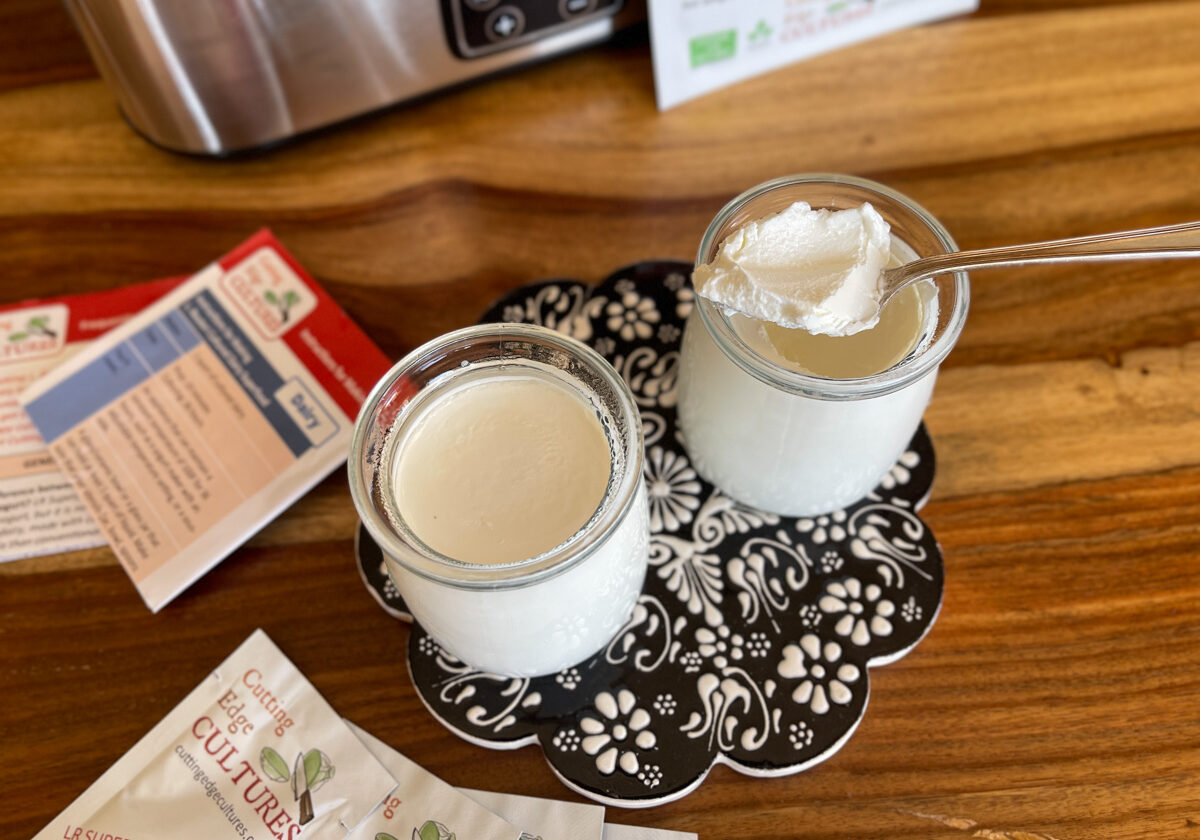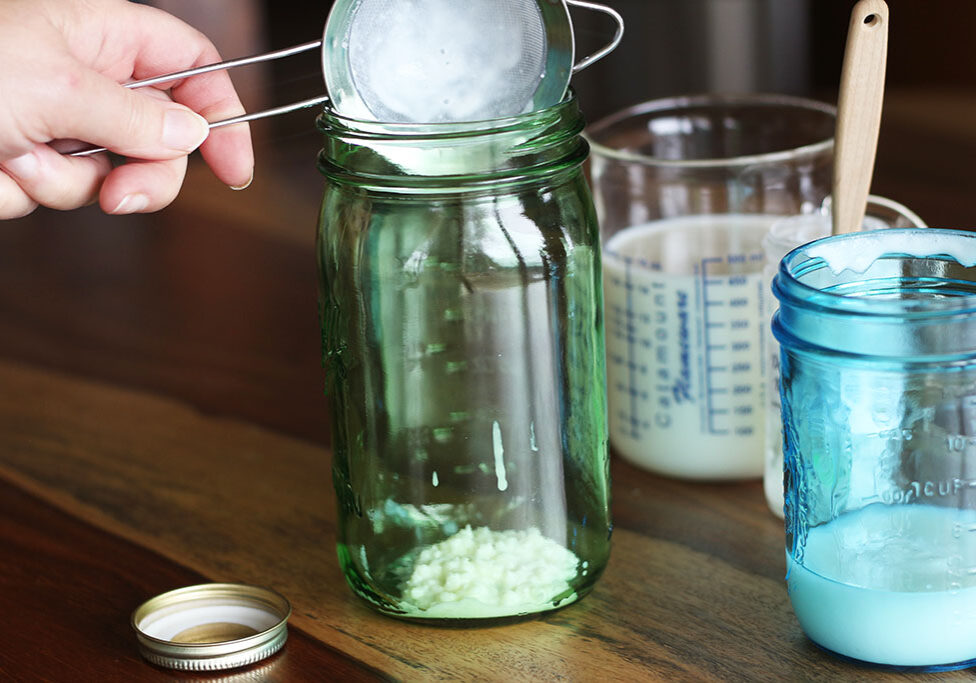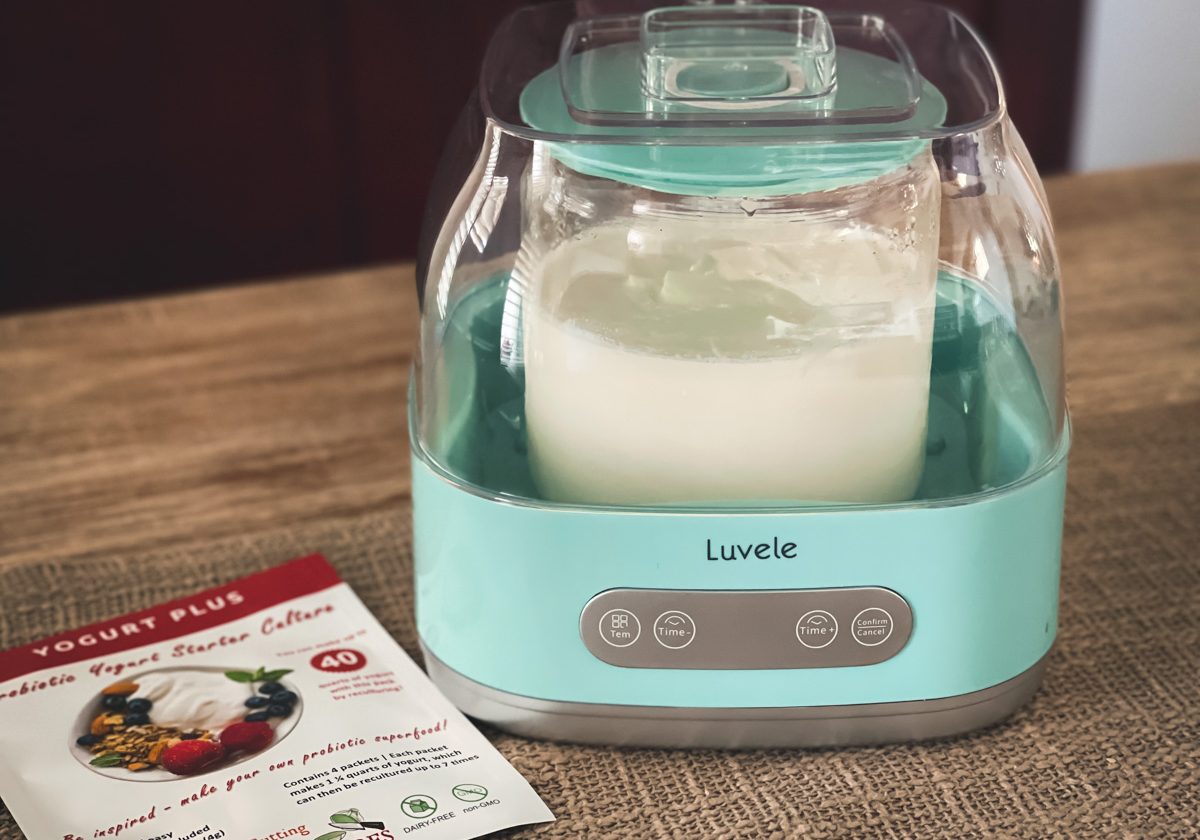
Sleep Problems and Your Gut
Microbes And Sleep
Gut And Hormones
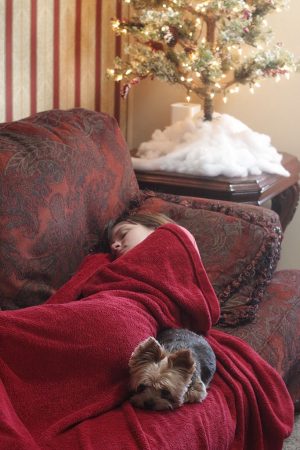
Melatonin is a hormone that helps us feel sleepy at night. It was thought that only the pineal gland made melatonin, but they have also found that the gut produces 400 times more melatonin than the pineal gland. Even if the pineal gland is removed, melatonin stays stable. And they have recently found that low levels of melatonin have been linked to leaky gut and IBS. So much happens in the gut that we are unaware of, and taking care of what you put in the gut changes not only your waking hours but your sleeping hours too.
The Vagus Nerve
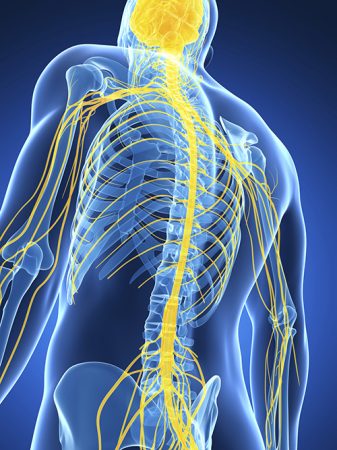
Your gut bacteria can reduce serotonin levels from lack of sleep and other key hormones can change, such as melatonin, GABA, and dopamine. These all play a role in our mood and ability to sleep. The bacteria life within our bodies is in a constant state of flux, with microbes constantly being generated and dying every day. Some of this dying and renewal naturally occurs during sleep. Fifty percent of your detoxification comes through your gut and not your liver. What's going on inside your gut can greatly affect your sleep.
There is some pretty fascinating research connecting the gut microbiome to circadian rhythms,[1,2] the 24-hour biological rhythms that regulate sleep and wake cycles. A growing number of studies now suggest that the vast and diverse microbial ecosystem of the gut has its own daily rhythms.
L. Reuteri and B. Longum Promote Sleep
 L. Reuteri for Deep Sleep
L. Reuteri for Deep Sleep
Of all the cultures I've used, L. reuteri is the one that I get the most emails about that is helping with sleep. Personally, my family and I have all noticed a huge difference in our sleep. We all sleep like logs now and it is one of the many reasons my whole family is eating so much of the superfood L. reuteri. It is fabulous for sleep, but it takes a little while to get going. We found that after a month or two of consuming one-half cup a day the benefits really kick in.
Dr. Davis, who was the one who originally came up with turning L. reuteri into a fermented dairy, stated, "With L. reuteri yogurt, I now sleep 9 hours every night, experience vivid dreams, and need none of these other sleep crutches to enjoy a deep and restful night of sleep. I believe that this is one effect we get with L. reuteri from the boost in oxytocin it triggers. So I believe that I am able to gauge when a strain of L. reuteri works or not since L. reuteri increases oxytocin which thus helps to improve deep sleep."
Bifidobacterium Longum
There has been more and more research on sleep and probiotics, and Bifidobacterium longum is another great resource to improve sleep.[3,4]
At Cambridge University, twenty male students participated in a study during the university exam period. The Cambridge Neuropsychological Test Automated Battery was administered to all participants. Stress and depression scores increased in both placebo and probiotic-treated groups during the exam period. Overall the sleep quality and duration of sleep improved significantly in the group taking B. longum during exam stress, compared with the placebo-treated group.
I love to get this specific strain (B. longum) in Yogurt Plus and I've been making a lot of probiotic cottage cheese made with this yummy yogurt. Having a probiotic food loaded with this powerful strain is a much better way to get the probiotics you need. The food acts as a transport system and allows the body to fully absorb the probiotic, and it also keeps probiotic pills from opening up in a location in the body where they don't belong.
Studies On Gut And Sleep
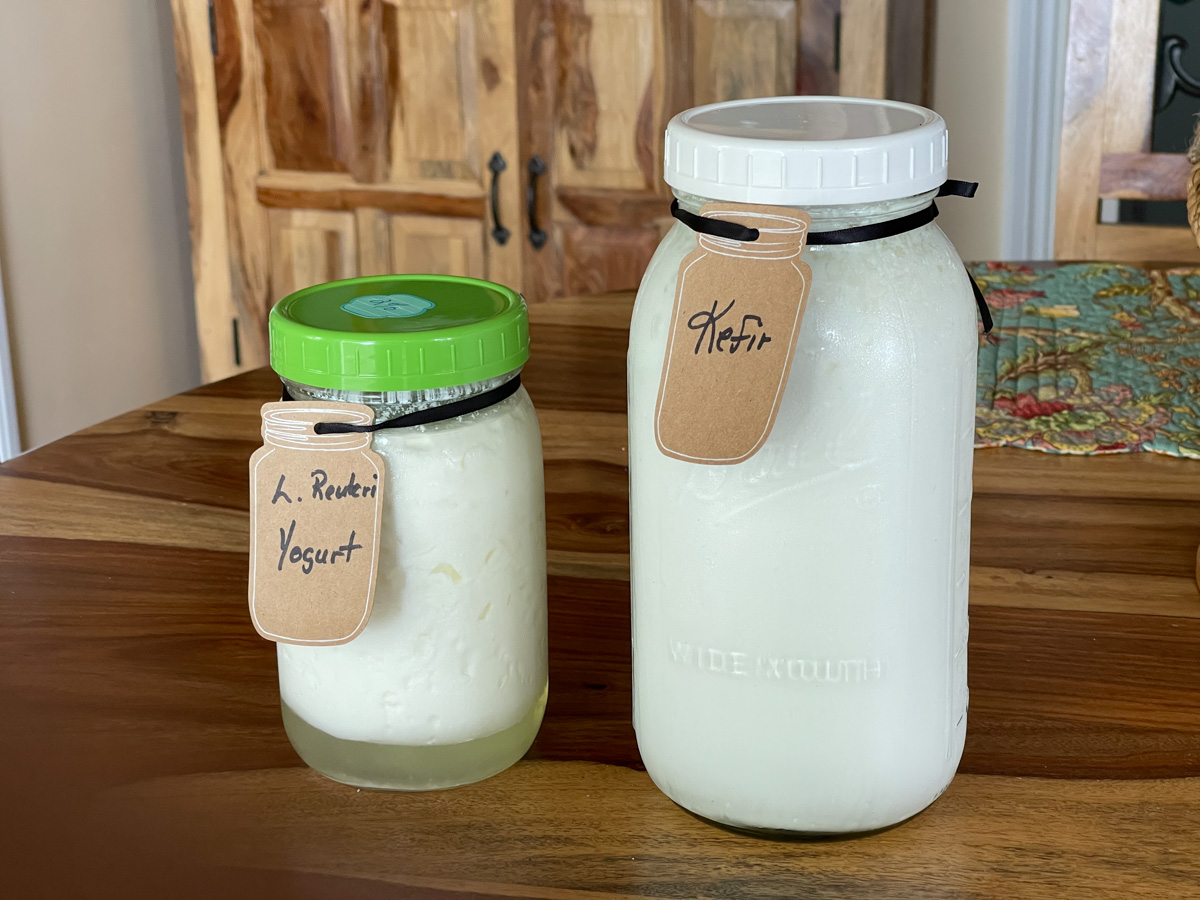
Both groups began to feel stress and anxiety as exam day approached. The placebo group began to experience problems with sleeping. They spent longer times getting to sleep and less time in the deep slow-wave sleep that is most replenishing to the body.
The group taking Lactobacillus casei had a different experience. They too had stress levels rise prior to the exam, but they didn't suffer the sleep problems that the placebo group experienced. In contrast, they didn't have problems falling asleep, experienced deep slow wave sleep, and felt more rested and ready for the day than the placebo group. This study concluded that consuming the probiotic Lactobacillus casei may have helped protect the students’ sleep during an otherwise stressful time.
The rhythms of gut microbes are greatly affected by diet. What you eat and when you eat affects how strong and healthy your microbiome becomes and how well you sleep. A recent study[6] using rats found that eating a healthy diet full of fiber (food for bacteria in your gut) generated more beneficial gut microbes, and that the activity of microbial life in the gut followed a daily healthy rhythm with better sleep patterns and more hormonal balance.
What I Do
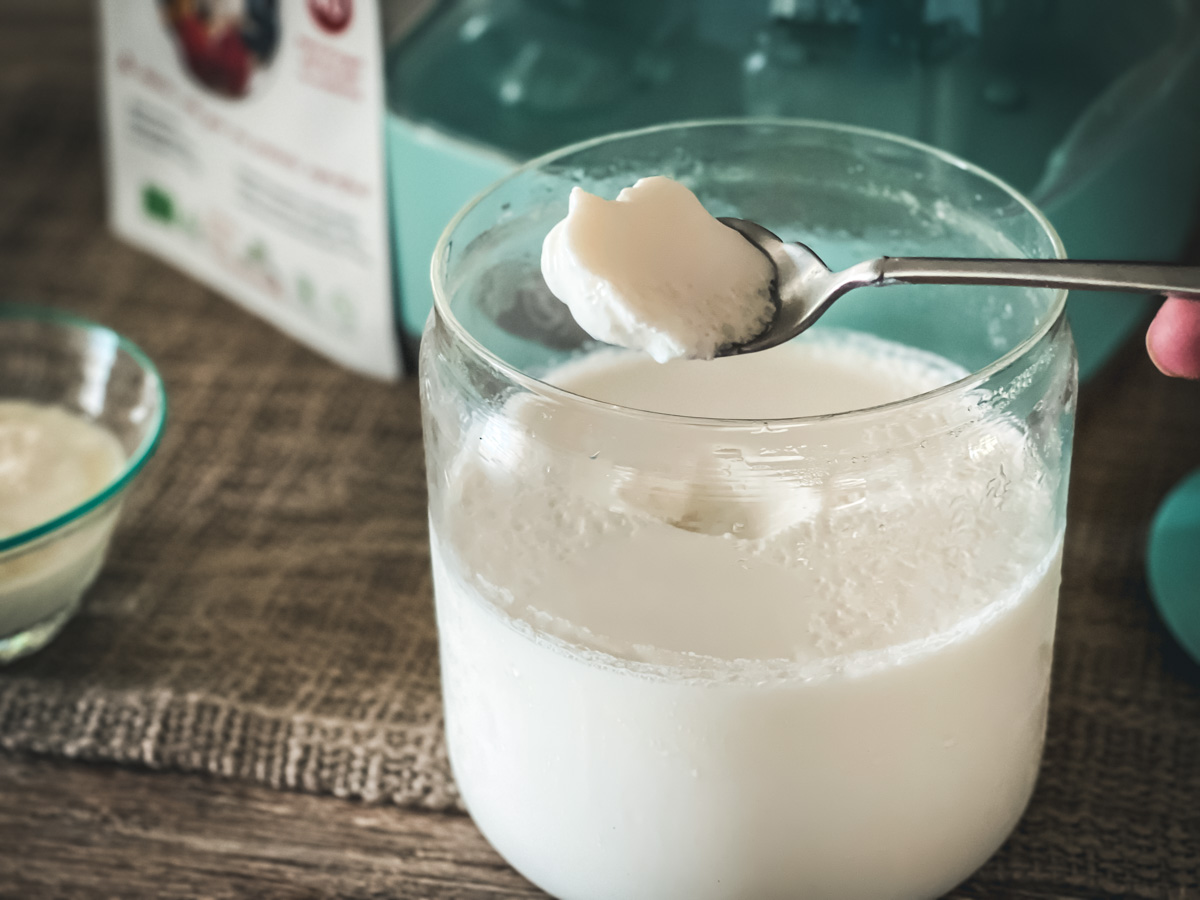
I have found that the way to get back to normal sleeping is all dependent on how much kefir, yogurt, and fiber I consume. L. reuteri yogurt is the most effective of all the cultures for sleep, and one-half cup of L. reuteri taken in the morning makes me sleep like nothing else. Kefir or Yogurt Plus, if taken at bedtime, reduces cortisol that can come from perimenopause, menopause, or just good old stress. If you have high levels of cortisol at night, which happens to a lot of people, then you need to bring this down so your body can sleep and make melatonin and GABA that will relax you and allow you to sleep. Having lots of fiber is also a way to feed your microbiome and allow those good-guy microbes to grow and flourish. Remember, fiber is food for your microbes which are constantly being generated and dying every day. These foods have helped me sleep in times when I normally wouldn't be able to sleep.
Check it out for yourself - nourish your microbiome and see what happens. It's amazing what these trillions of microbes that live inside of us can do. Take care of them and then watch them take care of you.
Check Out The Best Cultures For Sleep
Listen To My Podcast
Sleeping is fundamental to our well-being and health. What’s going on in your gut greatly influences how and when you sleep. Specific cultures like L. reuteri work on deep sleep like nothing else. Listen and learn more about how your gut affects your sleep.
References I talked about:
References:
- https://pubmed.ncbi.nlm.nih.gov/27793218/
- https://www.ncbi.nlm.nih.gov/pmc/articles/PMC5123208/
- https://pubmed.ncbi.nlm.nih.gov/34589719/
- https://www.sciencedirect.com/science/article/pii/S2666354620301393
- https://www.wageningenacademic.com/doi/pdf/10.3920/BM2016.0150
- https://www.frontiersin.org/articles/10.3389/fnbeh.2016.00240/full
Are you on the list?
Sign up today and I'll send you my free Getting Started Guide!
Each week I'll send you updates, tips, recipes, and more! You might even be a winner of my weekly giveaway! (starter cultures, memberships, and more!)
Come be a part of my cultured food family!

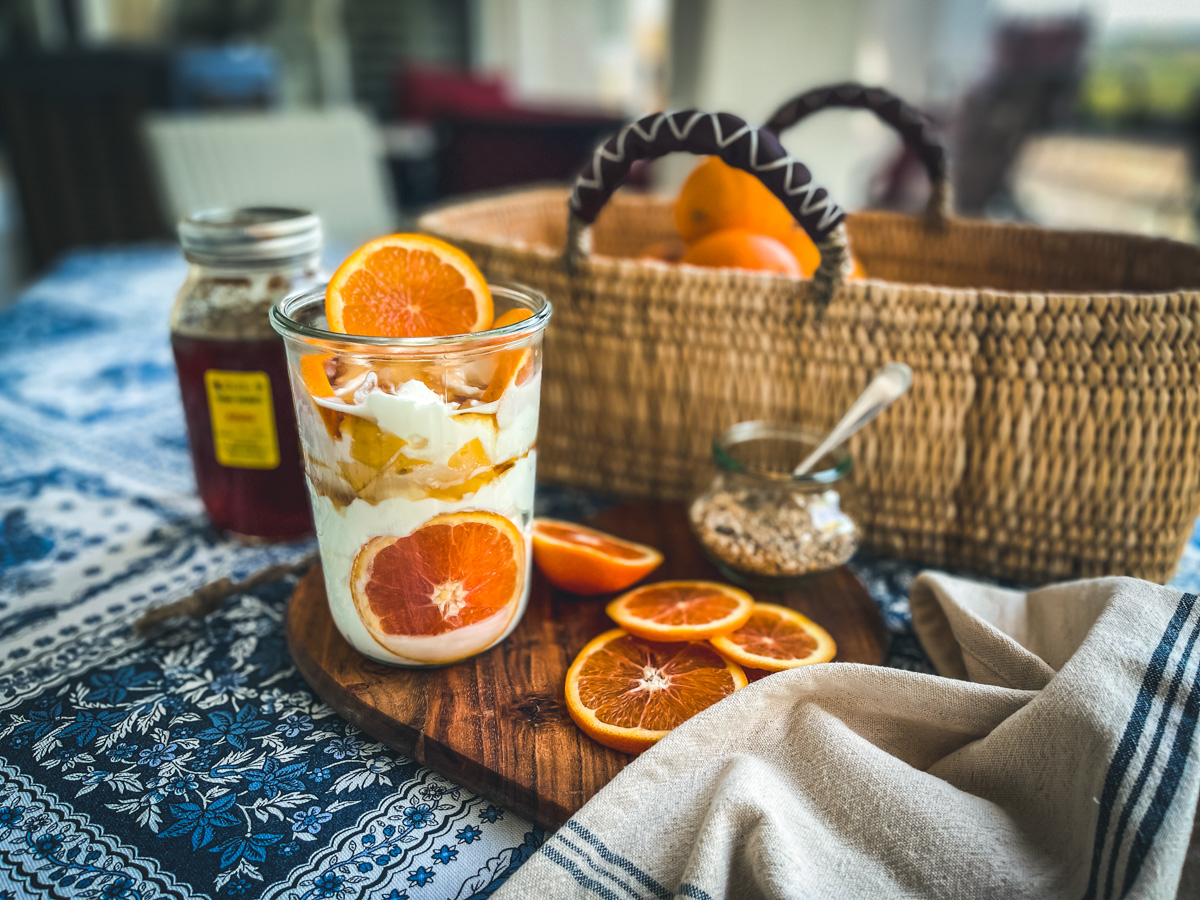 L. Reuteri for Deep Sleep
L. Reuteri for Deep Sleep